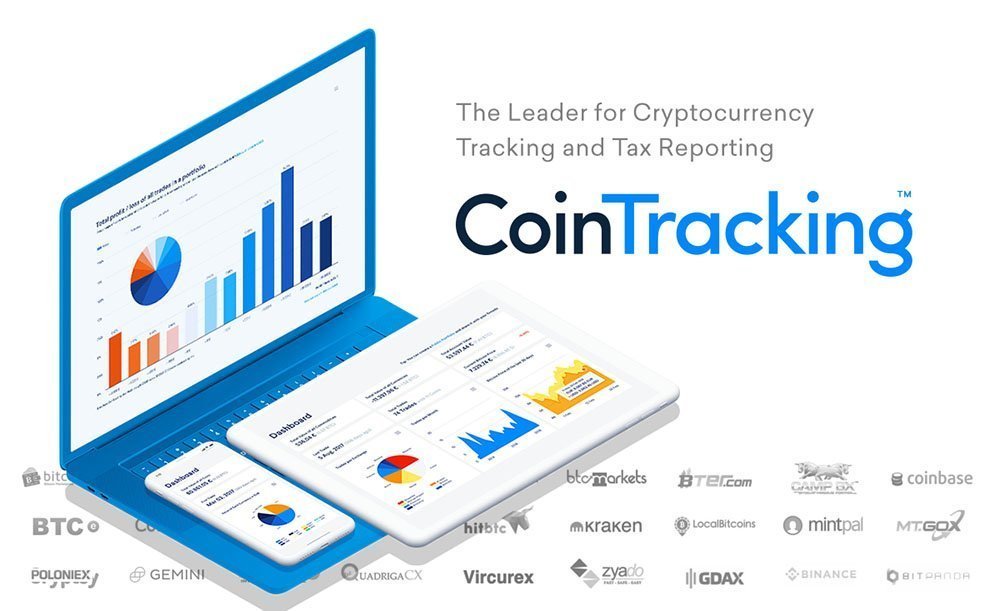How to File your Tax Return on Cryptocurrencies in Australia
As cryptocurrencies become commonplace, the Australian Tax Office are keeping a close eye on people reporting their crypto profits. Cryptocurrency tax in Australia can be a misunderstood topic as the ATO have not covered every aspect and situation in detail. Also, accountants that fully understand the tax implications of Bitcoin can be hard to come by.
We hope to give you the basics of cryptocurrency taxes in Australia and the tools needed to provide a report to your accountant for filing. A lot of the information provided in this article is based on the reader obtaining cryptocurrencies for investment purposes. There are slightly different rules if the assets you own aren’t held for the purpose of investment so always consult an accountant when it comes to tax time.
How are cryptocurrencies treated by the ATO?
The Australian Tax Office defines Bitcoin and any other digital currencies as assets that are subject to capital gains tax (read the official statement here). A taxable event occurs when cryptocurrency is spent, gifted, traded or sold. Examples of this are exchange trades (i.e. buying ETH with BTC), selling Bitcoin for Australian dollars or making a purchase. These are taxable events and incur Capital Gains Tax (CGT).
As cryptocurrencies are treated similarly to other assets that are subject to CGT, most of the same rules apply. If you hold your crypto assets for over 12 months without trading or selling them, you may be eligible for a 50% discount on the total capital gain you make.
Basic Examples
Example 1
Julie buys 0.2 Bitcoin from an online exchange using Australian dollars from her bank account when the price per Bitcoin is AUD $6,000. She then decides to sell her 0.2 for Australian dollars now that the Bitcoin price is at $10,000.
(0.2 * 10,000) – (0.2 * 6,000) = $800
Julie must report this taxable event of $800 on her annual tax return.
Example 2
Jim signs up to a local cyptocurrency exchange and purchases 1 bitcoin for $6,000. A week later he decides to diversify his holdings and purchase the following using the Bitcoin that he purchased:
5 ETH (costing 0.16440415 BTC)
20 LTC (costing 0.3280102 BTC)
15 XMR (costing 0.1956618 BTC)
In total Jim has traded 0.68807615 BTC and the price of Bitcoin is now $7,500. Assuming all of the above trades occurred at the same time, Jim needs to report a capital gain of $1,032.11 (0.68807615 * 7,500) – (0.68807615 * 6000).
How do I declare coins that I have received from staking or mining?
Generally speaking, coins received via mining or staking are considered to be taxed in the same fashion. In both situations, the coin value at the time of being received is considered income. On top of this, if the coin is held for a period of time and then sold or traded there is CGT applicable to that transaction using the value of the coin at the time of mining as the cost basis.

Examples
Example 1
Jim sets up a GPU mining rig to mine Monero and receives his payouts from a mining pool once per week. This week Jim recieves 0.4 XMR which using the current value of XMR (AUD $97.00), Jim will need to note down $38.80 of income revenue. If Jim decides to sell this 0.4 XMR in 6 months time and the value of XMR has risen to AUD $250, he will also need to report $61.20 (0.4 * 250 – 38.8) of Capital Gains Tax.
Do I need to pay tax on coins from chain forks such as Bitcoin Cash?
Occasionally when chains fork such as Bitcoin forking to Bitcoin Cash, an airdrop of ‘free’ coins / tokens occurs. The same private key on the Bitcoin blockchain will contain the same amount of Bitcoin Cash on it’s corresponding blockchain. Therefore the holder of Bitcoin now automatically has an equivalent holding of Bitcoin Cash.

The ATO treats these kinds of cryptocurrency airdrops as non taxable events when they occur. If you decide to sell or trade the airdropped tokens later on, you will pay CGT each token you received using a zero cost base and the current value at the time of sale.
Examples
Example 1
Julie has 2 BTC at the time of the Bitcoin Cash hard fork (1st August 2017). Julie now has 2 BCH and decides to sell these coins a year and a half later in exchange for $790. As the cost basis is zero, the total reportable capital gain is $790. Julie may also be eligible for a 50% on this taxable event as she held the BCH assets for over 12 months.
What if I’ve lost my private keys or forgotten my hardware wallet’s seed phrase?
If you have lost either of these things, it’s fair to say that your cryptocurrency is lost forever. In this case, the ATO allow you to claim a capital loss against any gains on the condition that you can provide the wallet address as well as proof that the private keys were in your control previously.
What is the best way to track and report cryptocurrencies to the ATO?
You may be thinking to yourself: How on earth am I going to work out my CGT on the thousands of cryptocurrency trades I’ve made?! Well, fear not as there is a solution for you. By far the easiest and quickest way is to use a service like CoinTracking. They offer a free plan if you have less than 200 transactions to report for a financial year as well as very affordable plans for higher amounts of transactions.

One of the best features of CoinTracking is the ability to mass import cryptocurrency trades directly from popular Australian exchanges such as Coinspot, Independent Reserve as well as many major international exchanges. If your favourite exchange isn’t listed, you can always bulk import transactions via CSV export from your exchange or hardware wallet.

Using CoinTracking will allow you to export a clean and straightforward CGT report to be passed onto your tax accountant.
Click here to signup up today and get 10% off any account upgrades!
Please note, the writer of this article is not a tax accountant and all information contained in this article should not be taken as financial or accounting advice. The treatment of cryptocurrencies by the ATO may change from time to time so please consult a registered accountant for advice.
